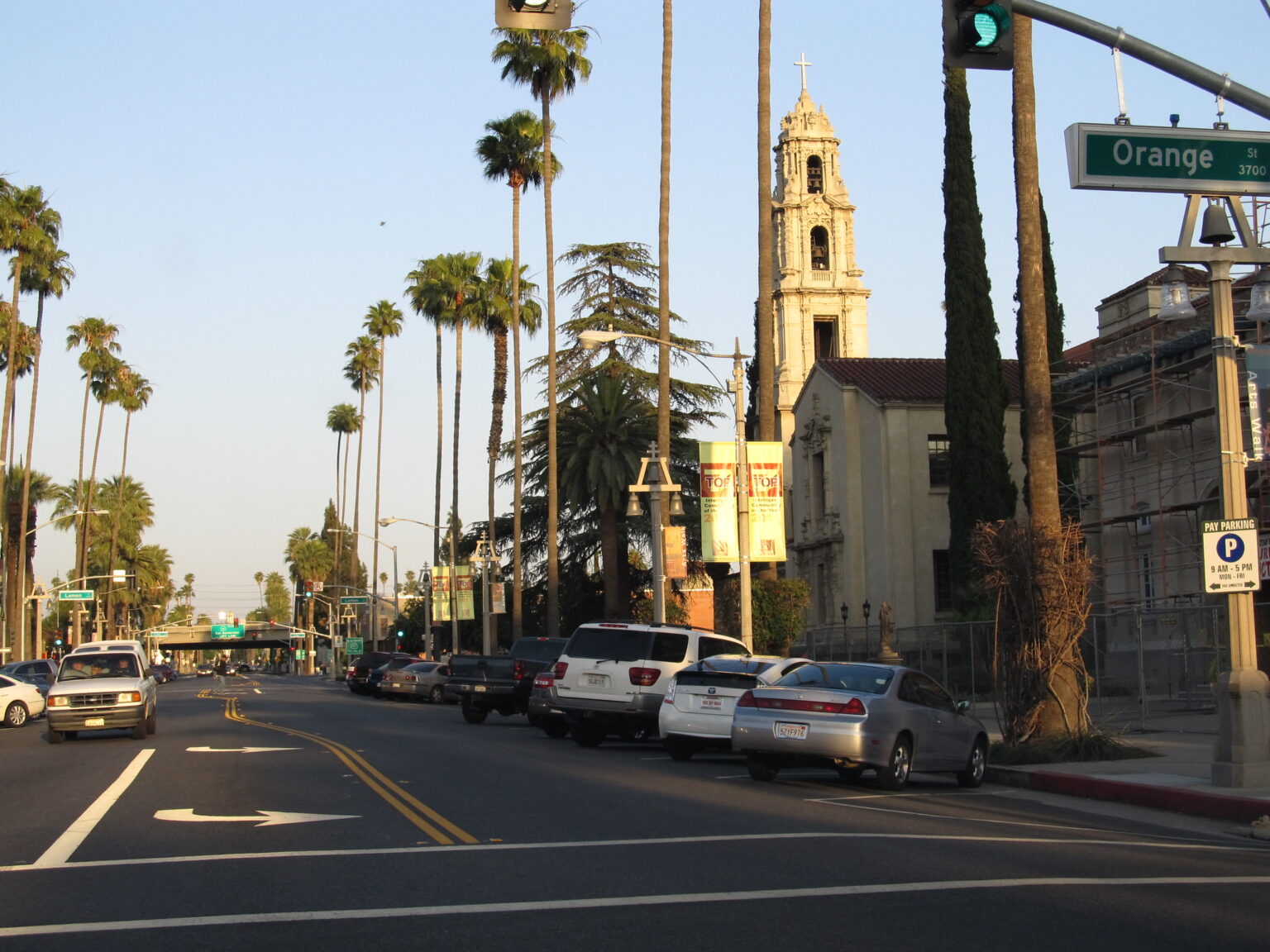The state of California chose to continue on the path to Universal Basic Income, starting with specialized program pilots.
The pilot programs are limited and only available to small eligible groups, like foster youth. The programs are designed to assist them as they finish high school and transition into independent adulthood.
California recently enacted two Guaranteed Income Pilot Programs funded by the state and focused on former foster youths. These two programs are launching in San Francisco and Ventura County. Each program will enroll 150 former foster children.
In San Francisco, former foster youths will get $1,200 per month for 18 months. Ventura County participants will get slightly less, at $1,000 per month for 18 months.
Recipients also receive benefits counseling to help measure the net impact the Basic Income has on their lives. The counseling also helps determine if the stipend will impact eligibility for other benefits they use.
The programs have secured waivers to ensure that participants don’t lose any other public benefits they would otherwsie qualify for. Some of the waived (income-excluded) programs include California Work Opportunity and Responsibility to Kids (CalWORKs) cash assistance, Medi-Cal, and CalFresh food assistance.
Former foster children are a highly at-risk, highly underserved demographic. The National Foster Youth Institute notes that only half of former foster children will find gainful employment by 24. The same study noted that 20 percent of those who age out of foster youth programs face immediate homelessness.
A Nationwide Test
Though these initiatives were among the first Basic Income programs in the United States, they are not the first in California. The highly studied Stockton Economic Empowerment Demonstration was launched earlier, offering $500 per month to 125 randomly selected participants.
According to the SEED website, the participants obtained steadier employment, better economic stability, enjoyed decreased economic volatility, and experienced lowered rates of anxiety. SEED funding, given unconditionally, was also linked to better economic opportunities and better opportunities for self-actualization.
The SEED’s trial findings suggest that Universal Basic Income could potentially improve the lives of millions of Americans—both economically and emotionally.
The Guaranteed Income Pilot Programs, in partnership with Stanford University’s Basic Income Lab, track program outcomes. Their findings can inform future policy around expansion of UBI programs.
Five additional Basic Income programs will launch within the next few months. In Southern California, there’s a Los Angeles-based program for Jewish women, and a community program for pregnant women in McKinleyville. Flint Michigan’s RxKids program focuses on mothers-to-be. RxKids provides a one-time $1500 payment during pregnancy, then $500 monthly payments for 12 months after the baby arrives
More than 100 cities across the U.S. are testing Guaranteed Income programs..
People involved are excited about these pilot programs. Melissa Livingston, Director of Ventura Human Services Agency, says “This is an amazing opportunity to break the cycle of poverty experienced by many young adults transitioning out of foster care.”
How the programs will play out remains to be seen. But so far, studies associated with Basic Income early results and measurements look promising. This research may serve to shape public policy in the near future.


